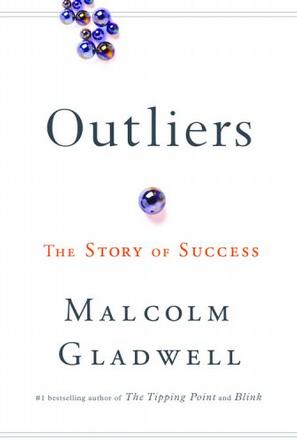Outliers
内容简介
In this wide-ranging third installment of Malcolm Gladwell's exploration of how people and social phenomena work, the New Yorker journalist takes a close look at what constitutes high levels of success. That is, what makes people at the top of their respective fields get there? As we've come to expect from Gladwell's previous books, the answer to the question is a bit complicated.
He says that upbringing, culture and even random luck have something to with success, but there is another important quality that anyone can control. Two chapters are dedicated to the "revelation" that IQ is only a baseline quality and success has little to nothing to do with having a high IQ or a low IQ. Rather, success is substantially a product of cultivating a high degree of what Robert Sternberg calls "practical intelligence" or what most refer to as "emotional intelligence."
Gladwell uses the example of Nobel laureates coming from unknown schools as often as ivy league schools. At this level of mastery IQ is no longer a factor. Success has little to do with where you were educated and everything to do with your level of practical/emotional intelligence and willingness to put in the 10,000 hours of practice required to reach mastery of your field.
All in all, it's an interesting read that isn't too heady and goes by pretty quickly, as the interesting anecdotes are what you would expect from Gladwell.
......(更多)
作者简介
目录
......(更多)
读书文摘
the values of the world we inhabit and the people we surround ourselves with have a profound effect on who we are
Practice isn't the thing you do once you're good.It's the thing you do that makes you good.
贾维斯研究了1 741例精神错乱,其中有205例是过度学习造成的。因此,“精神错乱的诱因,教育占了大部分。”
......(更多)






